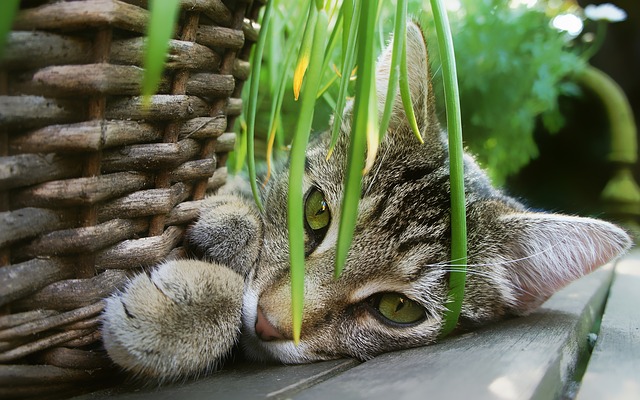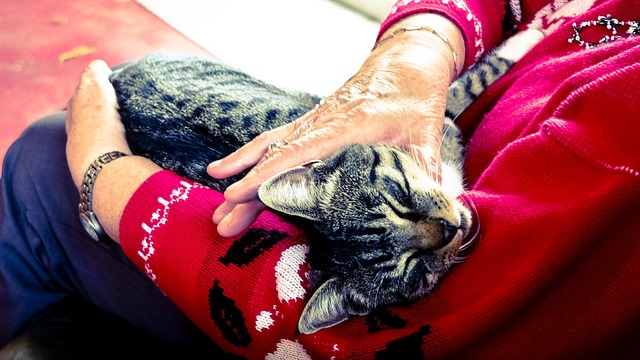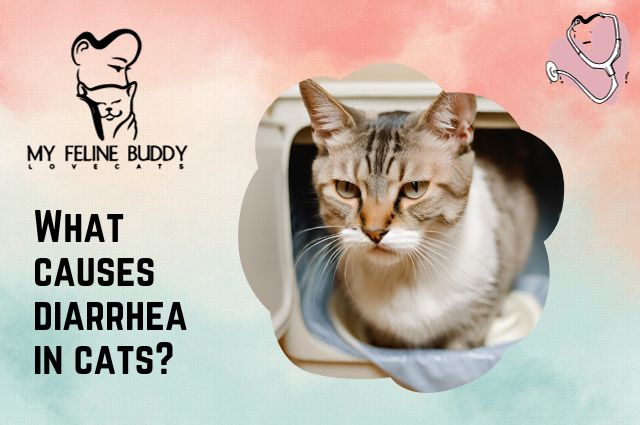What Do Steroids Do For Cats?
Steroids are a medication that can have positive and negative effects on cats. When used appropriately, steroids can help reduce inflammation and pain, making them a valuable tool in treating various conditions.
Steroids can also be used to suppress the immune system, which can be beneficial in cases where the immune system is overactive and causing harm to the body.
However, steroids can also have side effects such as weight gain, increased thirst and urination, and a weakened immune system, so it is vital to use them only under the guidance of a veterinarian.
How do steroids make cats feel?
Steroids can have varying effects on cats, depending on the condition that’s treated and the dosage administered. In general, steroids can make cats feel better by reducing inflammation and pain, improving their comfort and well-being.
Cats with conditions such as arthritis or allergies may experience relief from symptoms, allowing them to move more easily and enjoy a better quality of life. Additionally, if steroids are used to suppress an overactive immune system, cats with autoimmune disorders may experience reduced symptoms such as skin irritation or gastrointestinal upset.
However, steroids can also negatively affect cats, mainly if they are misused or at high doses. Cats may experience increased thirst and urination, which can be uncomfortable and lead to dehydration if not monitored closely.
Some cats may also experience weight gain, which can put them at risk for other health problems such as diabetes. Additionally, steroids can weaken the immune system, making cats more susceptible to infections and illnesses.
Overall, while steroids can be a useful tool in treating certain conditions in cats, it is important to use them under the guidance of a veterinarian and to monitor cats closely for any signs of negative effects.
What are the benefits of steroids for cats?
Steroids can be highly beneficial for cats suffering from certain conditions. Steroids reduce inflammation and pain in the body, which can significantly improve a
For cats with arthritis, steroids can help relieve joint pain and stiffness, allowing them to move around more easily and enjoy a better quality of life.
Steroids can also help treat
Steroids supress the immune system, which can help reduce the severity of these clinical signs and improve a
Use steroids under the guidance of a veterinarian and to monitor cats closely for any signs of adverse effects, as steroids can have negative effects if used inappropriately or at high doses.
What side effects can corticosteroids cause?
Corticosteroids can have heaps of side effects in cats, which can vary depending on the individual
Some common side effects of corticosteroids in cats include:
- Increased appetite and thirst: Corticosteroids can stimulate the appetite and increase thirst in cats, leading to weight gain and frequent urination.
- Urinary tract infections: Increased thirst and urination can further increase the risk of urinary tract infections in cats.
- Weakness and muscle wasting: Prolonged use of corticosteroids can additionally lead to muscle wasting and weakness in cats, making it harder for them to move around and perform normal activities.
- Increased risk of infection: Corticosteroids suppress the immune system, increasing the risk of infections in cats, particularly if they are already immunocompromised.
- Diabetes: Corticosteroids can interfere with insulin regulation in cats, leading to a higher risk of diabetes.
It’s crucial to monitor cats closely for any signs of side effects when using corticosteroids and to work closely with a veterinarian to manage potential risks. Some cases may call for alternative therapies to avoid the possible side effects of these medications.
Can you reduce the side effects of corticosteroids for cats?
Some steps can be taken to reduce the side effects of corticosteroids in cats. One approach is to use the lowest effective dose for the shortest duration possible. This can minimize the risks of side effects while still providing the desired therapeutic benefits.
It’s also important to monitor cats closely for any signs of side effects and to work with a veterinarian to adjust the dosage or switch to alternative treatments if necessary.
Providing plenty of fresh water and monitoring the
How long does it take for steroids to help a cat ?
The time it takes for steroids to help a
In some cases, such as with severe allergies or inflammatory conditions, cats may show improvement within a matter of days.
For other conditions, such as asthma or chronic skin conditions, it may take several weeks or even months to see the full therapeutic benefits of steroids.
What happens after a cat takes steroids?
After a
Steroids can also suppress the immune system, making cats more susceptible to infections. It’s important to monitor a
Additionally, once the
What are the most common steroids used in cats?
Steroids are commonly used in cats to treat various conditions such as allergies, inflammation, and autoimmune disorders.
The most common steroids used in cats are:
- Prednisolone: This steroid is widely used in cats as it effectively reduces inflammation and suppresses the immune system. It can be given orally or as an injection.
- Dexamethasone: Dexamethasone is often used in emergencies as it quickly reduces inflammation and swelling. It’s typically given as an injection.
- Methylprednisolone: This steroid is similar to prednisolone and is often used for severe allergic reactions or inflammation. It can be given orally or as an injection.
Cat steroids alternatives
If you’re looking for alternatives to steroids for treating your
Here’s a quick rundown of some non-steroidal therapies that may be recommended by your vet:
- NSAIDs (non-steroidal anti-inflammatory drugs) – these medications can help manage pain and inflammation in cats with conditions like osteoarthritis or other joint problems. Some common NSAIDs for cats include meloxicam, carprofen, and firocoxib.
- Adequan – this injectable medication contains polysulfated glycosaminoglycans, which improves joint function and reduces inflammation in cats with arthritis.
- Gabapentin – this medication is often used to manage chronic pain in cats, particularly pain associated with nerve damage.
- Amantadine – this drug can help manage chronic pain in cats, as well as reduce inflammation.






